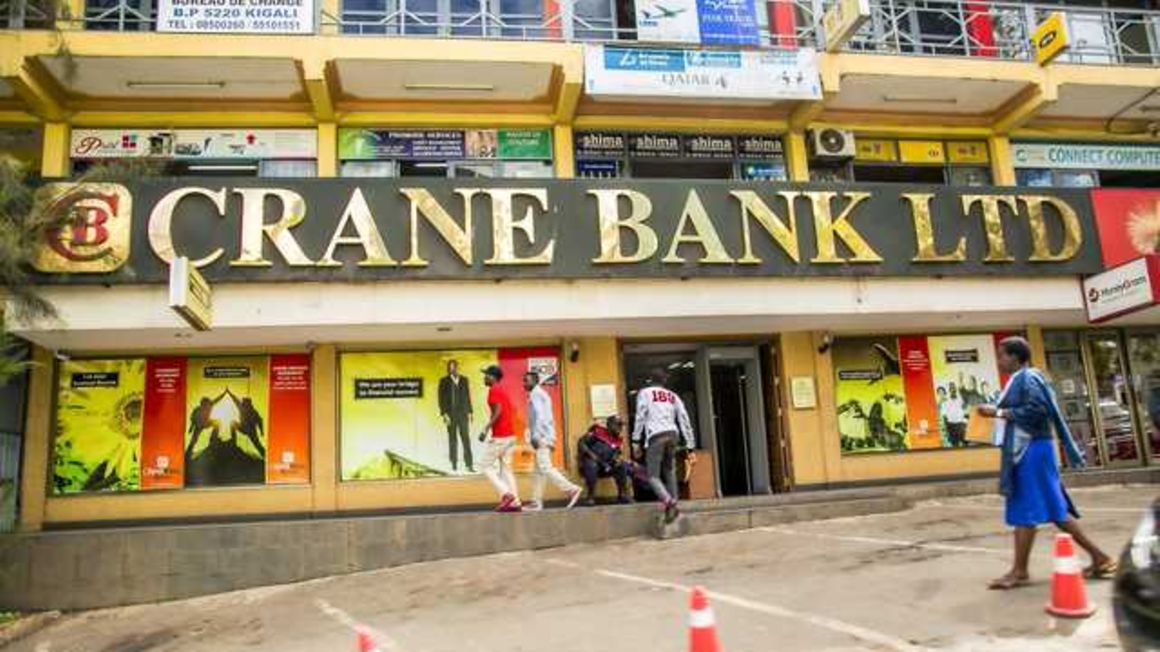Uganda’s Crane Bank was put under statutory management by the regulator in 2016 following a damning audit report that revealed insufficient capital levels and gross mismanagement. PHOTO | FILE Crane Bank was placed under statutory management by Bank of Uganda in September 2016 following a damning audit report that revealed insufficient capital levels, shrinking liquidity ratios, surging loan default levels and gross mismanagement.
Last week the Bank of Uganda (BoU) lost a long-running court case over the procedures it followed in placing troubled Crane Bank into receivership and subsequently selling its assets to DFCU Bank between 2016 and 2017.
Kenya’s Central Bank is also facing a legal battle over the manner in which it handled the closure of troubled Imperial Bank, pushing thousands of depositors into financial distress.
East African central banks are coming into sharp focus over the manner in which they put troubled banks into receivership as their decisions continue to open up major legal battles.
Last week the Bank of Uganda (BoU) lost a long-running court case over the procedures it followed in placing troubled Crane Bank into receivership and subsequently selling its assets to DFCU Bank between 2016 and 2017. Ruling
Uganda’s Supreme Court in a ruling delivered on February 11 upheld the decisions of the High Court and Court of Appeal and dismissed an appeal filed by BoU. The court ordered the banking regulator to return Crane Bank to its shareholders.
The regulator was also ordered to incur the full cost of the suit.
BoU, through Crane Bank Ltd (then in receivership), had sued Sudhir Ruparelia, a director and shareholder of Crane Bank and Meera Investments Ltd (MIL) after the billionaire businessman protested the manner of take over and sale of the bank’s assets.
BoU sought the recovery of money allegedly misappropriated by the director of the failed bank in 2017 and the delivery of freehold certificates of title to 48 properties with duly executed transfer deeds in its favour.
However, Mr Ruparelia and MIL denied the bank’s assertion and instead challenged the competency of the suit, arguing that Crane Bank did not have the locus standi to sue since it was still in receivership, that the suit did not disclose a cause of action and that it was generally barred in law.
As a result, BoU lost the case in the High Court and Court of Appeal before losing it again in the Supreme Court this month.Crane Bank was […]
